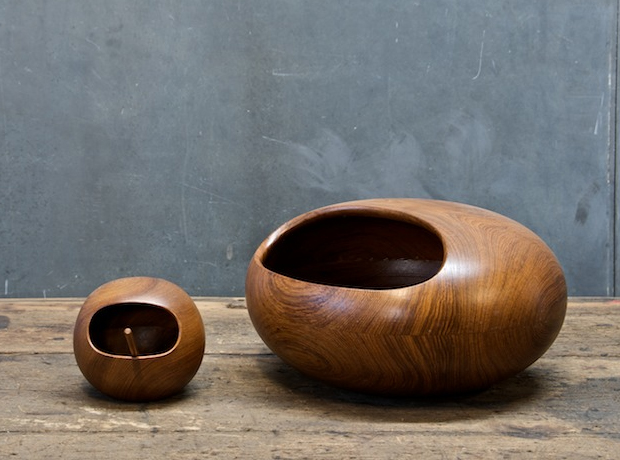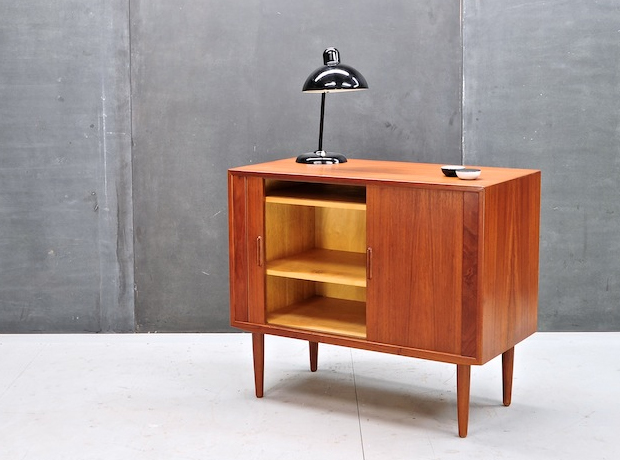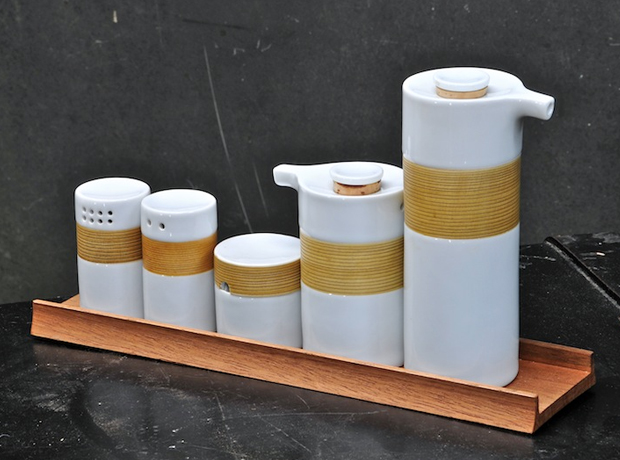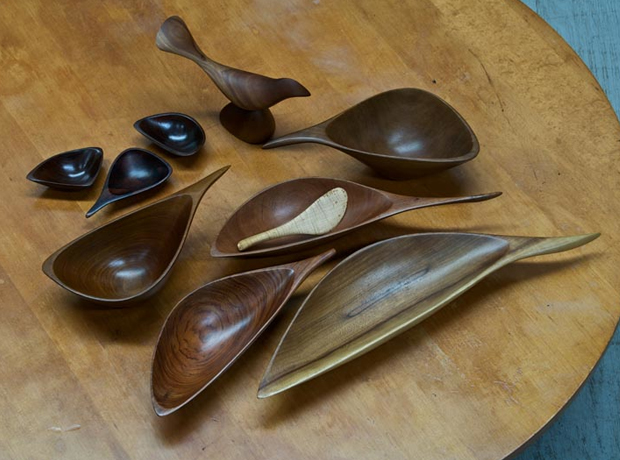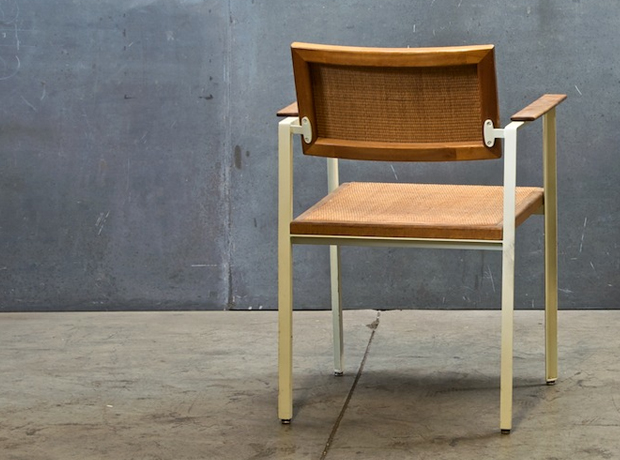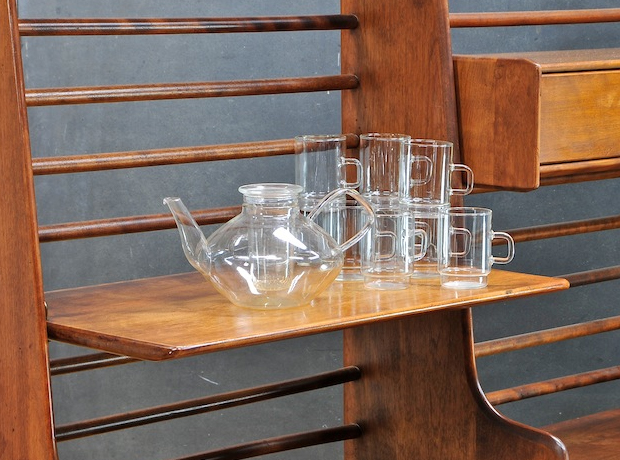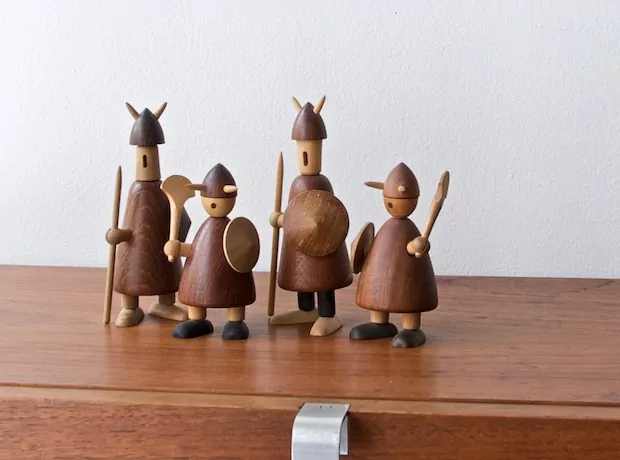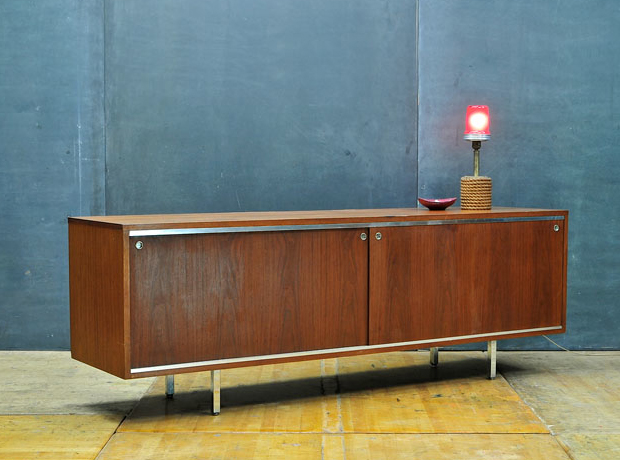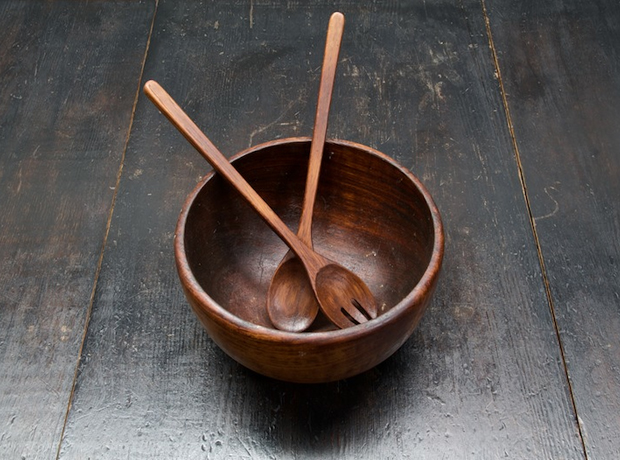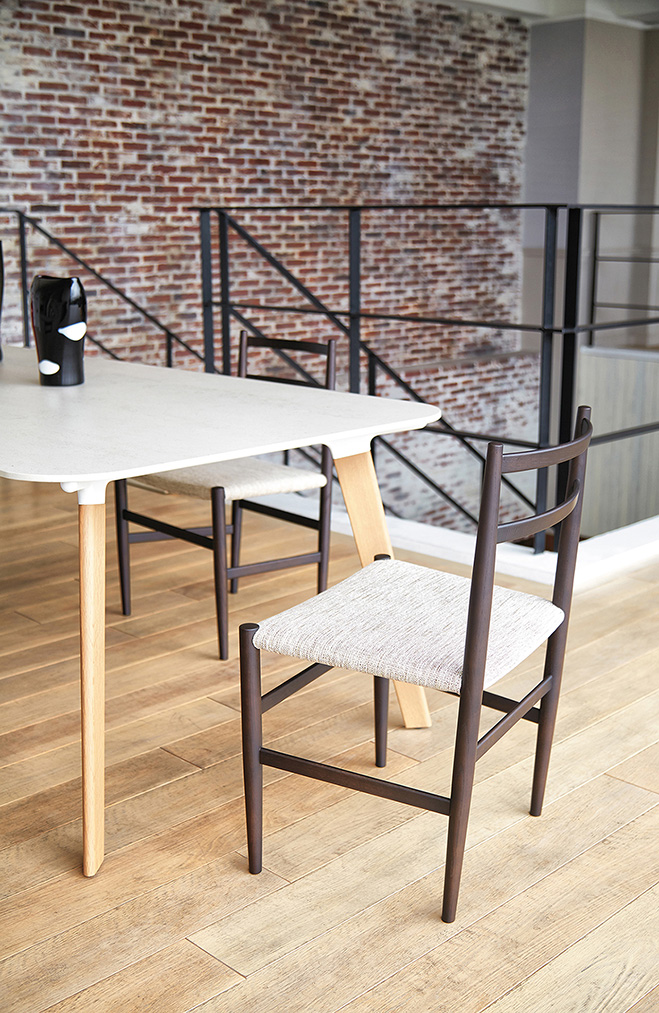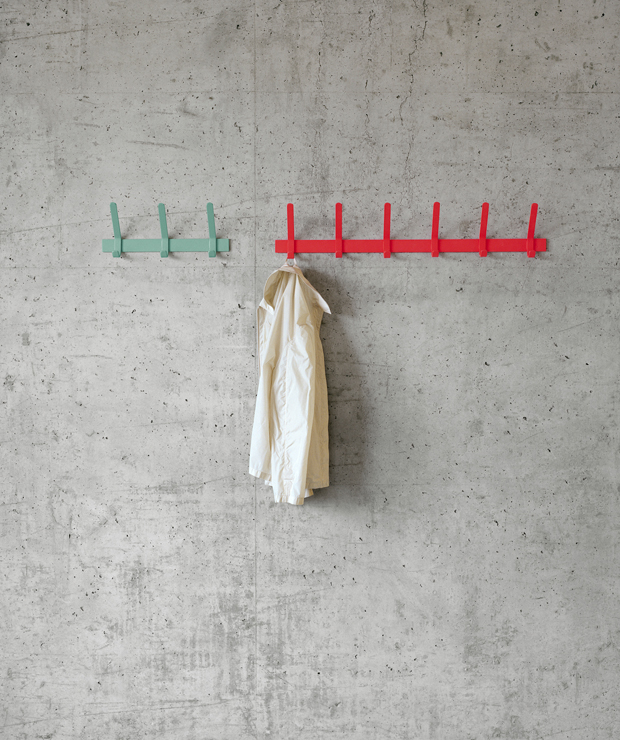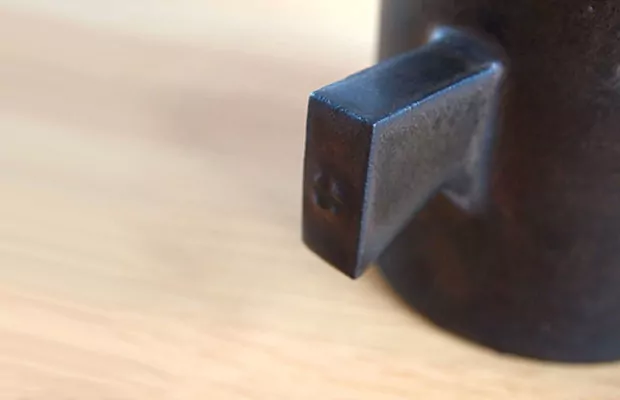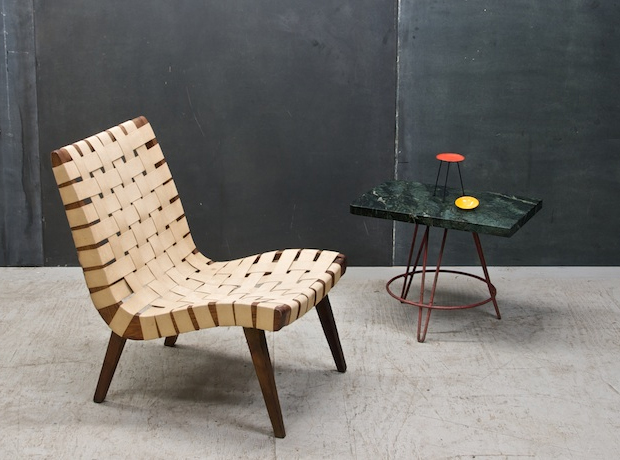
Furnishings, Objects and More at Modern Fifty

After my recent book purchase, ‘The Unknown Craftsman’ written by Soetsu Yanagi which was adapted by Bernard Leach, it’s been great to capture the essence of someone who makes by hand. It has also opened my eyes to the relationship between an artisan or designer and the finished product itself. Should their name be placed on a piece? Should the object evoke or take on a creatives particular style? Should it be universal and functional? These are all questions that I’m regularly challenging myself with, and it’s quite frustrating when my feelings collide. Just when you think you’ve got it all figured out something springs up to contradict the thought sequence, I’m sure a lot of you can sympathise.
I guess this association with the more handmade nature of products has only arisen over the past year when I’ve been experimenting myself. Generally I’ve always been involved with the more industrial side, and would cite the likes of Dieter Rams, Jasper Morrison, and Naoto Fukasawa as major inspirations (which they still all are by the way). But they take on more of a main stream involvement in design and I’ve always wondered how their ethos transfers over in to the crafted arena, does it or doesn’t it? Obviously mass production is a massive concept for all of these three, so that instantly blows one element out of the water, but then you’ve got individuals like Sori Yanagi who almost float in-between being handcrafted and mass produced. He also designed products in his lifetime that were highly functional and stripped down, but his work was all handmade in the studio in conception phase and he spent a lot of time making spoons and furniture out of wood to get the form just right. I guess his dad was Soetsu Yanagi, the author of the book I talked about above, maybe Sori Yanagi has been the only designer to ever bridge this gap that I talk about. Was he really making “anonymous design”?
Obviously this thought process doesn’t stagnate my determination to find my way as a designer and a curious creative, I’m always intrigued by other designers who have pushed the envelope and I’m always on the lookout for those that have made items that have stood the test of time. Something that doesn’t seem to ring true in this day and age with our throwaway nature. So I headed over to the Modern Fifty website to pull across some designs that had me searching for more, a lot of the designers intrigued me and some well-known ones had me researching again to go over some details. Modern Fifty specialises in 20th century furnishings and design, based just outside of Northeast Washington, D.C. They’ve got an abundance of classic items on their website and I highly recommend heading that way to have a look, most are even available to purchase. As you can imagine these are all vintage pieces so they have a hefty price tag attached but you can be sure to take inspiration, a lot of them have aged very gracefully indeed and would be beautiful in any modern home, I’m very envious! I’ve picked out classics from Jens Risom, Wilhelm Wagenfeld, a wonderful Japanese ceramic set by Masahiro Mori, and a few others to satisfy your needs. Have a good one.
